From barrier to export key
In the context of globalization and increasingly deep economic integration, compliance with SPS regulations (food safety and animal and plant quarantine measures) has become a prerequisite for Vietnamese agricultural, forestry and fishery products to access and maintain export markets. This is no longer a mere barrier but also a "passport", a measure of production capacity and traceability of each country.
Dr. Ngo Xuan Nam, Deputy Director of the Vietnam SPS Office, said that the transparency of SPS regulations and the support of businesses, especially small and medium-sized enterprises, will determine the success or failure of a sustainable export strategy. Compliance with and meeting technical barriers is no longer a matter of individual businesses but has become a common challenge for the entire industry.
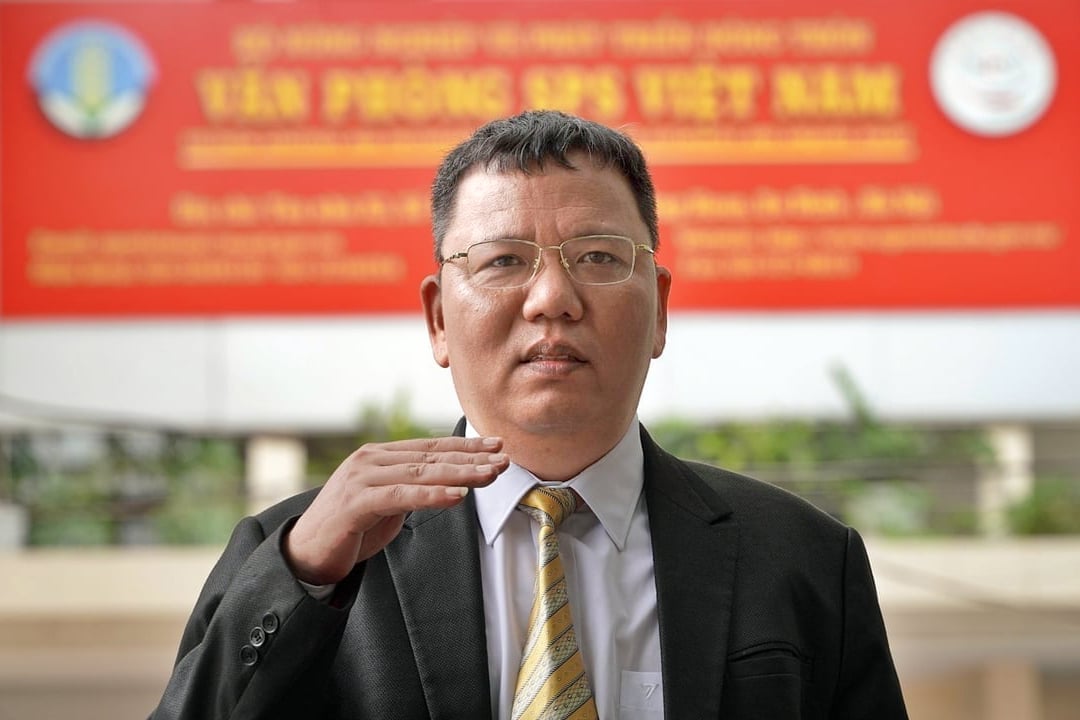
Dr. Ngo Xuan Nam, Deputy Director of SPS Vietnam Office. Photo: Bao Thang.
According to Mr. Nam, dealing with SPS is like creating a menu for the world's kitchen. "To cook delicious food for the global market, we must understand the tastes, preferences, and hygiene standards of each guest. We cannot bring out our delicious food and expect the whole world to accept it," he shared.
In fact, in recent times, many businesses have fallen into the situation of "losing the entire shipment" just because of a small mistake in tracing the origin, labeling, or declaring pesticide residue. Once violated, even the entire industry will be subject to increased inspection frequency, causing costs to increase and the ability to access the market to be seriously reduced.
Although legitimate in nature, SPS can become a major barrier if not thoroughly disseminated, guided and explained to relevant parties. “There are cases where a whole container of durian was returned just because a business did not register a growing area code. Therefore, if we do not disseminate SPS knowledge and support businesses from the root, we can easily lose the market unjustly,” Mr. Nam added.
The core point in Dr. Nam's view is that SPS transparency does not stop at posting information, but must be purposeful, coordinated and accountable transparency, moving towards creating an effective support ecosystem.
According to him, the SPS system of many markets, especially developed countries such as the EU, Japan, Korea, etc., regularly updates new regulations. If businesses do not keep up with the latest developments, they can easily fall into a passive state. In particular, small and medium-sized enterprises, which account for the majority of Vietnam's agricultural exports, often do not have the capacity to monitor original documents in foreign languages or analyze technical requirements themselves.
“We cannot expect small businesses to have their own legal department or technical department to look up each line of regulation. That is why we need a national focal point to monitor and disseminate them in a clear and easy-to-understand manner,” Mr. Nam explained.
The Vietnam SPS office is currently planning and developing a warning system for localities, as well as industry associations. In the immediate future, it is building a weekly SPS newsletter and specialized training sessions for each market. “SPS information is not for storage, but for action. We want every business to be able to find what is directly relevant to them,” he said.
With the desire to put small and medium enterprises at the center of the process of removing technical barriers, the Deputy Director of the Vietnam SPS Office acknowledged that agricultural exports today are not just about selling products, but also about exporting trust, reputation and quality control capacity. Just a small mistake from a gardener or a packaging facility that does not meet the requirements can affect the whole chain.
He cited the boom in fruit and vegetable exports over the past two years. This success came from the establishment of growing area codes, control of the value chain, and close technical support from the authorities. “It is a typical example that if we do it right from the beginning, we can capture the market and maintain our position,” he analyzed.
However, according to Mr. Nam, many localities have not yet proactively reviewed information or provided SPS training in a systematic manner. There is even a situation where the responsibility is assigned to businesses to do it themselves, while this should be supported from the grassroots. “If you want to go far, you have to go together. You cannot let one side produce, the other side negotiate to open the market, and the middle person, the business, has to manage on their own,” he said frankly.
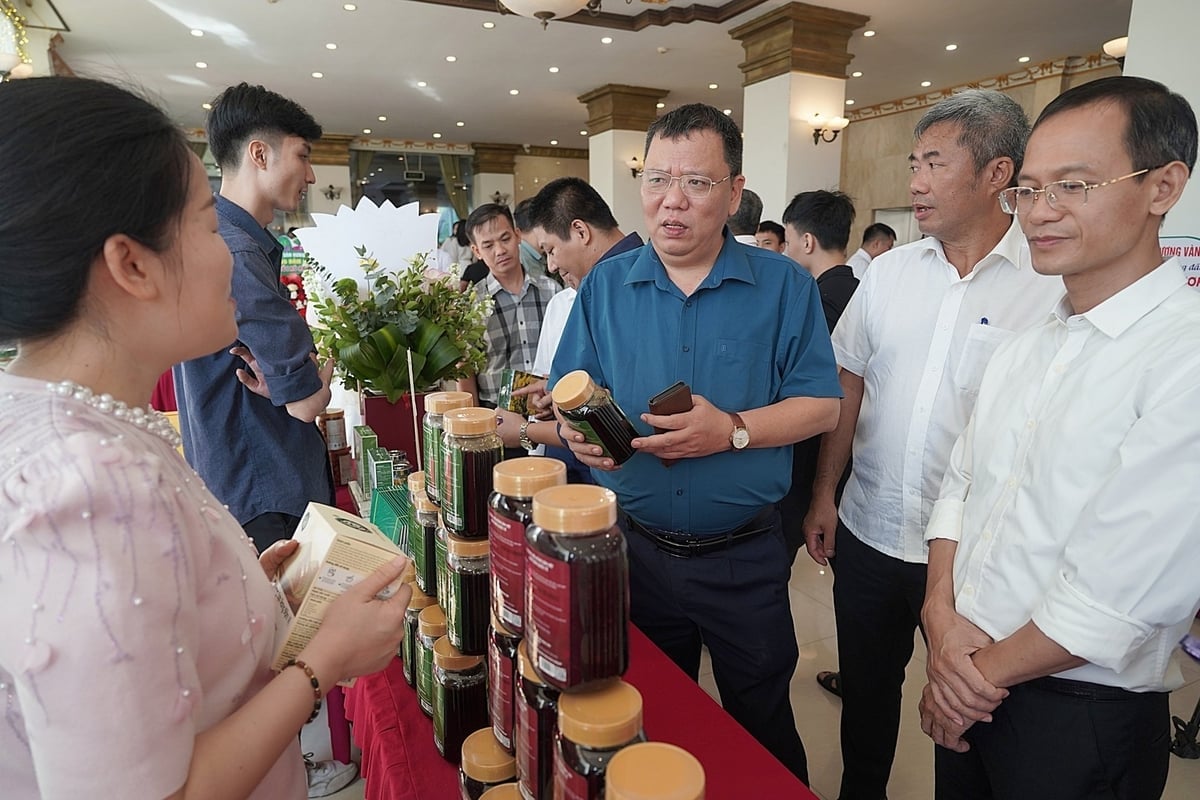
Demand for exported agricultural and food products is increasingly high. Photo: Bao Thang.
National coordination - the missing piece
The big lesson that Dr. Ngo Xuan Nam wants to emphasize is the need for a national SPS coordination agency, not only to do warning and notification work, but also to connect ministries, localities, associations and businesses in each market opening process. “Currently, when negotiating to open a new product, some places do very well, but there are also cases of confusion and overlapping responsibilities. This makes international partners ask the question: who is ultimately responsible?” he asked.
He believes that if Vietnam can build a synchronous coordination mechanism, from information synthesis, risk analysis, negotiation and accurate dissemination to businesses, it will not only better handle SPS incidents, but also be more proactive in expanding markets and taking advantage of free trade agreements.
This is something that many countries have done consistently, such as China requiring growing area codes, the EU requiring HACCP records, Japan tracking every QR code. Without coordination, businesses can easily get lost in the diversity of the market.
“In RCEP or CPTPP, if we do not understand and comply with SPS, all tariff incentives will be meaningless. We have had many laughable incidents just because we did not know the specific regulations. This is regrettable, but completely avoidable if there is early coordination,” he said.
From Mr. Nam's perspective, improving SPS capacity for the entire Vietnamese agricultural sector is not only to meet the immediate market, but also to prepare for a modern, systematic and responsible export production.
“If we want Vietnamese agricultural products to not be dependent on a few markets, we must know the ‘key’ to each door. SPS is not an obstacle, but a measure of product management capacity. If done well, it will be a competitive advantage that no one can copy,” he concluded.
Not denying that there are still many challenges, Mr. Nam believes that the SPS path, if followed transparently, resolutely and together, will be a solid corridor for Vietnamese agriculture, forestry and fishery products to conquer the global market in a sustainable and responsible manner.
From 2024, the Vietnam SPS Office will implement the Project to improve SPS enforcement capacity according to Decision No. 534/QD-TTg of the Prime Minister. The Project aims to build an early warning system, disseminate regulations on key markets, and provide technical support to businesses.
Source: https://nongnghiepmoitruong.vn/minh-bach-sps-de-bien-rao-can-thanh-loi-the-xuat-khau-d781402.html




![[Photo] Cutting hills to make way for people to travel on route 14E that suffered landslides](https://vphoto.vietnam.vn/thumb/1200x675/vietnam/resource/IMAGE/2025/11/08/1762599969318_ndo_br_thiet-ke-chua-co-ten-2025-11-08t154639923-png.webp)



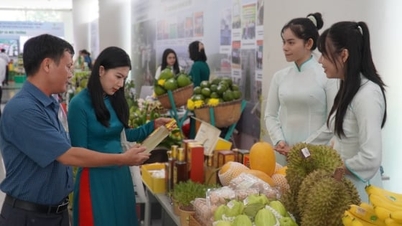
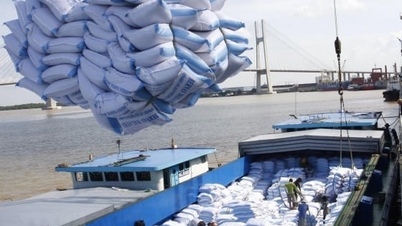

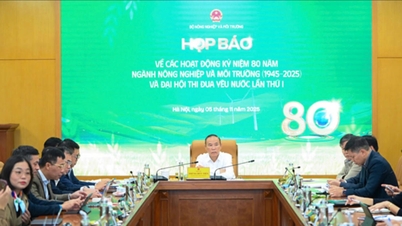

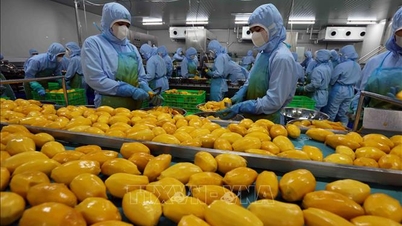



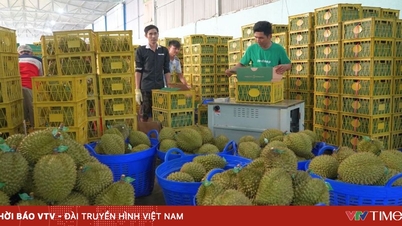



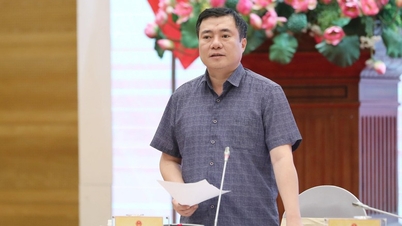
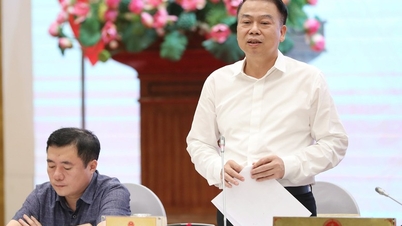

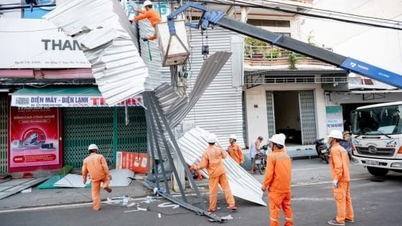










![[Photo] "Ship graveyard" on Xuan Dai Bay](https://vphoto.vietnam.vn/thumb/1200x675/vietnam/resource/IMAGE/2025/11/08/1762577162805_ndo_br_tb5-jpg.webp)






![[Video] Hue Monuments reopen to welcome visitors](https://vphoto.vietnam.vn/thumb/402x226/vietnam/resource/IMAGE/2025/11/05/1762301089171_dung01-05-43-09still013-jpg.webp)































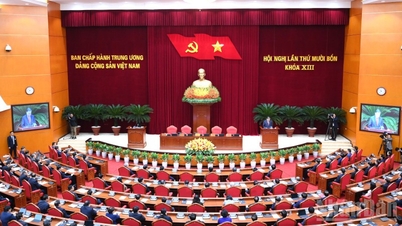















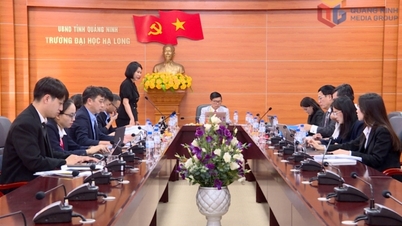

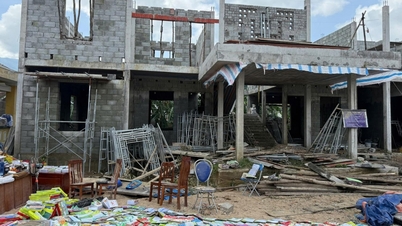



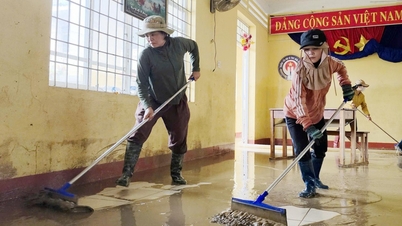
















Comment (0)